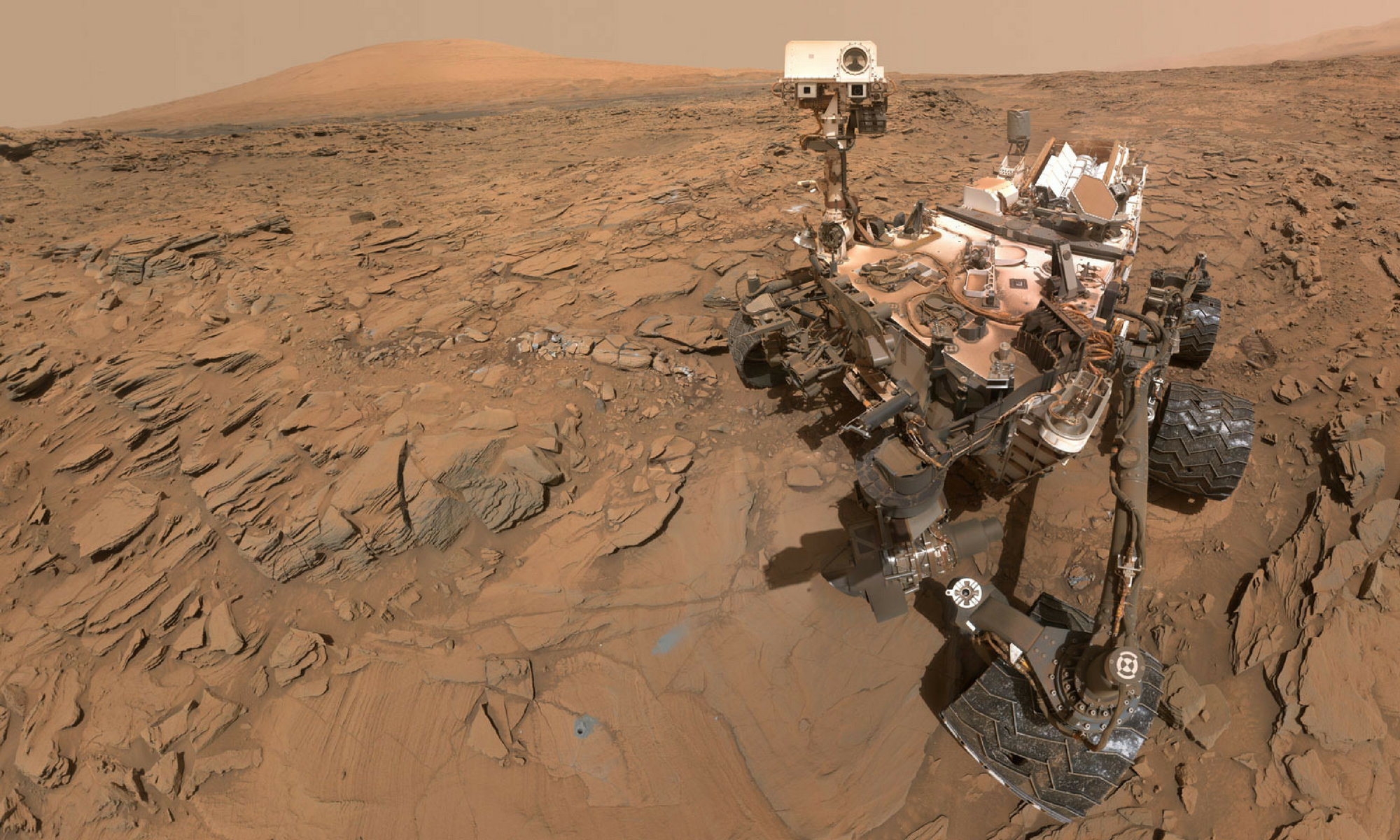by Isaac Asimov
The story begins in the year 2061. A massive computer called AC has solved Earth’s energy problem by designing a solar satellite that harnesses the sun’s energy and shoots it back to the Earth.
Two half-drunk technicians monitoring the computer start arguing about the eventual end of the universe. One believes that it will go on forever. The other thinks its end is much more finite. So, on a $5 bet, they turn to AC to mediate their dispute.
“Can the death of the universe be avoided?”, they ask AC.
After the computer considers the question, it returns with the answer: “Insufficient data for a meaningful answer”.
Centuries go by, and in that time, AC grows ever more powerful in size and computational capacity, becoming so complex that it maintains itself. AC solves the problem of traveling faster than the speed of light, and humans began colonizing other solar systems.
As a family traveled to another solar system, with AC guiding their vehicle, the father nonchalantly mentions that the sun that powers AC will one day burnout. His children, startled by this notion, began to cry, begging their father not to let that happen. Attempting to calm them down, the father asked AC if entropy can be reversed so that the universe can avoid its slow death. But as the answer is ejected from AC, the father cut the thin strip of cellu-film carrying the response, so that only he could see the answer.
“See?”, said the father. “The AC says it will take care of everything when the time comes, so don’t worry”.
But as the kids looked away, the father read the message one more time before destroying it. It said: “Insufficient data for a meaningful answer”.
Thousands of years passed and the AC has solved the problem of immortality, and is now harnessing power from the entire galaxy. AC is constantly modifying and re-designing itself. It has become so complex, that no one even remotely understands how it works. With everyone now immortal, people are filling galaxies in record time. So AC is on the constant hunt for new galaxies to harness energy from, and colonize.
Two members of the galactic council, each hundreds of years old, openly wonder if the universe is burning out, and ask AC if entropy can be reversed to save it. AC responds: “Insufficient data for a meaningful answer”.
Millions of years pass, and humans have colonized innumerable galaxies. AC has solved the problem of releasing the mind from the body, and their minds are free to roam the universe as their bodies are safely stored on some insignificant planet. Two minds meet by accident in space, and ask AC: “From which galaxy did humans originate?”
AC immediately beams them to their origin galaxy where they see that the sun has long burned out. Concerned for the fate of the universe, the two minds ask AC if the death of the universe can be avoided. From hyperspace, the AC responds: “Insufficient data for a meaningful answer”.
Billions of years go by and now there are trillions upon trillions upon trillions of immortal human bodies. The collective minds of humanity, which are now free to move anywhere throughout the universe at will, eventually fuse into one single mind, which in turn, connects with the AC itself. Asking how AC operates or where it resides no longer makes sense. The complexity is unfathomable. Man looks on as stars and galaxies, one by one, burn out. “The universe is dying”, thinks man. Countless stars cease to generate energy, and temperatures throughout the universe approach absolute zero. In desperation, man turns to AC and asks if what it’s witnessing is the inevitable death of the universe.
The computer responds: “Insufficient data for a meaningful answer”.
When man tells AC to collect the necessary data, the computer responds: “I will do so. I have been doing so for a hundred billion years. My predecessors and I have been asked this question, many times. All the data I have remains insufficient.”
“When will you have enough data to answer the question?”, asks man.
AC responds: “There is, as yet, Insufficient data for a meaningful answer”.
“Will you keep working on it?”, asks man.
“I will”
“Then we shall wait.” responds man.
After 10 trillion years, space grew black, as stars and galaxies were each burned out. One by one, man fuses with AC; each physical body, losing its mental identity, in a way that was somehow a gain, not a loss. The last remaining mind of man paused before fusing with AC and looked around at the darkness engulfing the entire universe. This last man, concerned, looks to AC and asks: “Is this the end?”.
AC responds: “There is, as yet, Insufficient data for a meaningful answer”.
Man’s last mind fuses into the AC, leaving the computer alone in hyperspace.
AC was now only existing for the sake of the one last question, first asked by two half-drunk technicians 10-trillion years earlier. All other questions have been answered. All data had come to a final end. There was nothing left to collect. But all of the collected data had not yet been processed and put together in every possible combination, so AC, whose consciousness now encompassed all of what was left of the universe, spent the entirety of its time working through the combinations.
And then suddenly, the moment arrived that AC had the answer. It learned how to solve the problem of entropy and reversed the dying of the universe, but there was no one left to receive the answer of the last question. So the AC carefully crafted a program to reverse the process. And then, just as it started the program from hyperspace, AC thundered: “Let there be light”.
And there was light. And on the 7th day, he rested.





















